Nigeria’s Borno State has once again been plunged into mourning following a deadly overnight attack by Boko Haram militants that left more than 60 people dead and dozens of homes and vehicles destroyed. The assault, which took place on Friday night in the border village of Darul Jamal, highlights the persistent threat posed by jihadist groups in north-eastern Nigeria despite years of military campaigns and international support to combat the insurgency.
According to local officials, the attackers stormed the community recently resettled after years of displacement, launching coordinated strikes that targeted civilians, infrastructure, and a nearby military base. At least five soldiers were killed during the raid, while more than 20 houses and 10 buses were set ablaze. Reports from Reuters confirmed that at least 13 drivers and labourers working on reconstruction projects were among the dead, brutally cut down as they tried to rebuild their lives in the war-torn region.
The Nigerian Air Force responded swiftly after receiving intelligence reports about the raid. Air Force spokesperson Ehimen Ejodame said surveillance drones tracked militants fleeing northwards into nearby bushes, prompting a counterattack. “In a series of three precise and successive strikes, the fleeing terrorists were decisively engaged, resulting in the neutralisation of over 30 insurgents,” he said. This marks one of the military’s most aggressive retaliations in recent months, yet it underscores the scale of the challenge as militants continue to launch ambushes on both civilian populations and security forces.
Governor Babagana Zulum of Borno State, who visited Darul Jamal the following morning, condemned the attack, calling it “very sad” that a community recently resettled had been forced to face such devastation again. “The numerical strength of the Nigerian army is not enough to contain the situation,” he admitted, urging greater reinforcement of security across the region. He revealed that a newly established security outfit, known as the Forest Guards, would soon begin operations to bolster overstretched military and police units.
This latest massacre comes at a time of heightened jihadist activity in Nigeria’s troubled north-east. Both Boko Haram and its splinter rival, the Islamic State West Africa Province (ISWAP), have been stepping up attacks in recent months, seizing control of rural communities and launching bold assaults on military formations. Despite intensified counterinsurgency campaigns by the Nigerian military, the insurgents continue to exploit difficult terrain, porous borders, and the withdrawal of international and regional support. The challenge has been compounded by Niger’s decision to pull its troops from a joint multinational task force, weakening coordinated efforts against the militants.
Borno State has borne the brunt of the jihadist conflict since Boko Haram launched its insurgency in 2009. Over the past 15 years, the group has killed more than 40,000 people and forced over two million to flee their homes, creating one of the world’s largest internal displacement crises. At its peak in 2015, Boko Haram controlled vast swathes of territory across Borno and surrounding states, imposing brutal rule until military offensives gradually reclaimed most of the land. Yet, as Friday’s attack demonstrates, the group remains capable of mounting lethal operations even in areas where civilians have only just begun to return.
Boko Haram first gained international notoriety in April 2014, when it kidnapped more than 270 schoolgirls from Chibok, also in Borno State. Many of the girls remain missing to this day, symbolizing the group’s ruthless campaign against education, women’s rights, and social stability. Since then, Boko Haram and ISWAP have carried out countless massacres, kidnappings, and bombings, destabilizing not just Nigeria but also neighboring countries like Cameroon, Chad, and Niger.
The Nigerian government has pledged to continue fighting the insurgency with intensified military operations, improved intelligence-sharing, and new security formations. However, residents of Borno State and the wider Lake Chad region continue to face an uncertain future. Communities such as Darul Jamal, resettled after years in displacement camps, now fear being uprooted once again as attacks escalate.
The resurgence of Boko Haram and ISWAP underscores the urgent need for regional cooperation, stronger military presence, and humanitarian support for affected communities. For the people of Borno, the latest killings are a stark reminder that the long war against jihadist extremism is far from over and that rebuilding lives in the shadow of violence remains one of Nigeria’s greatest challenges.


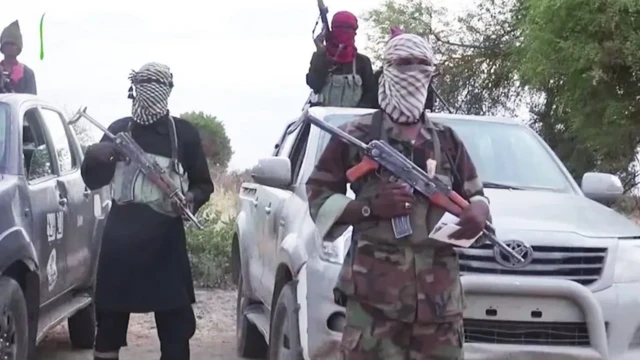
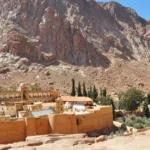
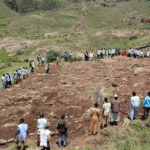



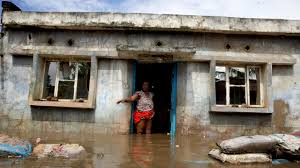




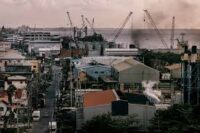
Leave a comment